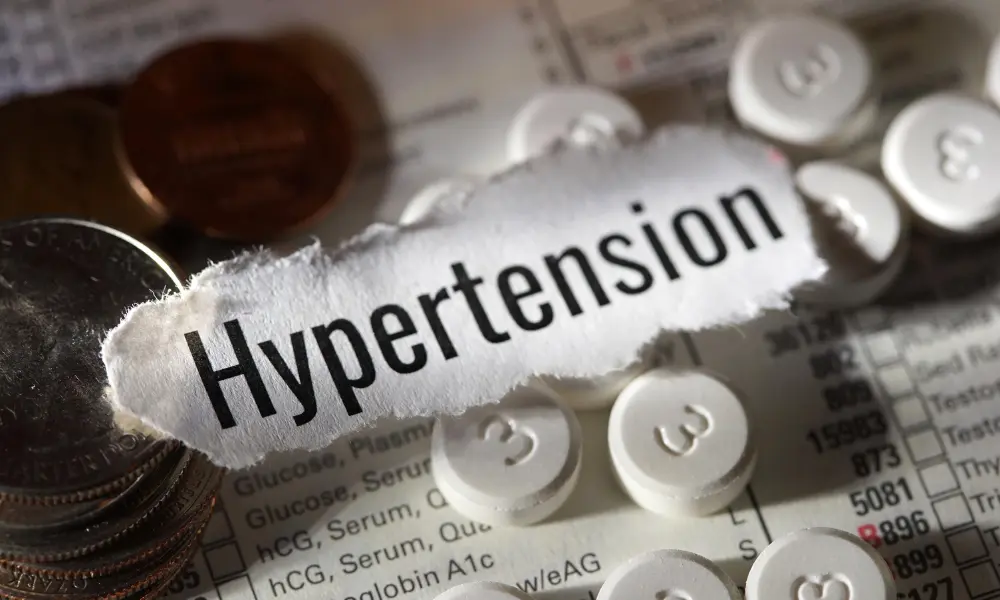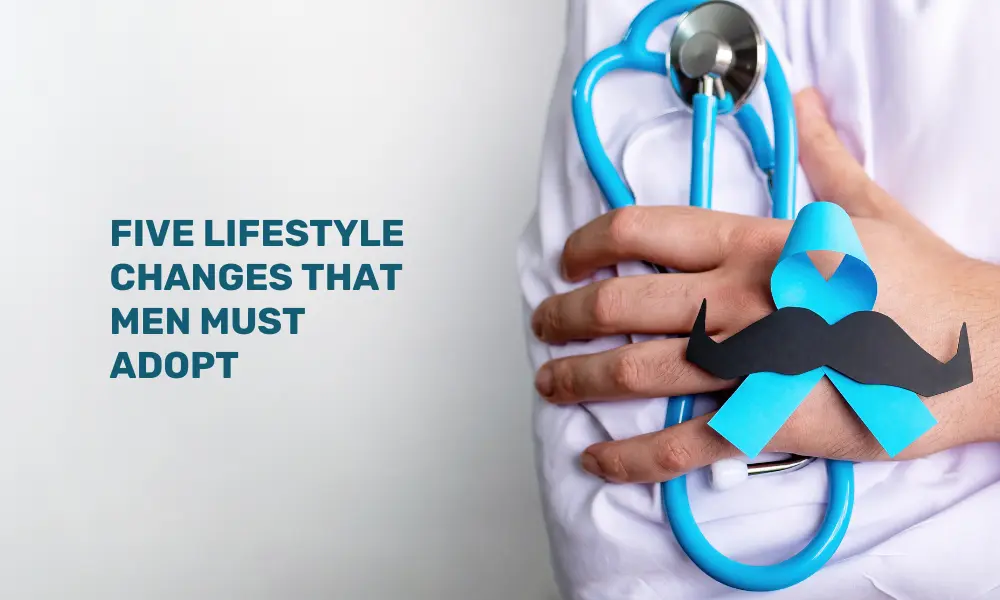Incidents of Hypertension are shockingly increasing in teens and adolescents. The challenge is how to identify the existence of hypertension or high blood pressure in young adults or teens.
Hypertension is having blood pressure higher than what is appropriate for one’s age. When it comes to diagnosing hypertension, we usually think of adults in their 30s or 40s being diagnosed with high blood pressure. However, we rarely consider that children and adolescents may also develop high blood pressure.
With the changing lifestyle of children, the incidence of Obesity is increasing. Many children are so busy with their studies that they hardly have time for physical activity. All of this is resulting in more and more children developing high blood pressure.
A child aged 13 or older is said to have hypertension if their blood pressure is persistently higher than 130/80. In younger children, this threshold varies according to age, gender, and height. Measuring blood pressure in children is not very difficult, but because this problem is not widely known, it often goes unrecognized.
In a recent survey undertaken by a group of Paediatricians and Nephrologists, it was found that about 7.5% of students studying in 8th and 9th grades had hypertension. If this trend continues, we may be facing an epidemic of cardiovascular diseases (CVD) in young adults in the near future. In a country like ours, where we rely on a demographic dividend, we cannot afford this significant public health problem.
If detected late or not well controlled, hypertension has the potential to damage vital organs such as the Brain, Heart, and Kidneys. Resulting organ damage is usually difficult to treat and may also impact life expectancy.
Managing hypertension in teens starts with preventing risk factors to prevent its occurrence. Healthy eating habits to prevent Obesity, reducing salt intake, and increasing physical activity can prevent hypertension. Screening for hypertension is equally important.
According to the American Academy of Pediatrics, every child should have their blood pressure checked after three years. Early diagnosis not only helps in better blood pressure control but also prevents future organ damage.
Teens who are noted to have hypertension should modify their lifestyle to improve their dietary habits and increase physical activity. Parents should help them lose weight if they are overweight.
Consulting a Hypertension Specialist or a Nephrologist and, if necessary, starting medication is required in some children. Sometimes, there is an underlying cause of hypertension, such as kidney disease or a genetic disorder. Timely diagnosis of such conditions makes it possible to control hypertension better.
Hypertension in teens and adolescents is a real problem that we need to detect early and manage with lifestyle changes; it is possible to successfully treat this problem.





